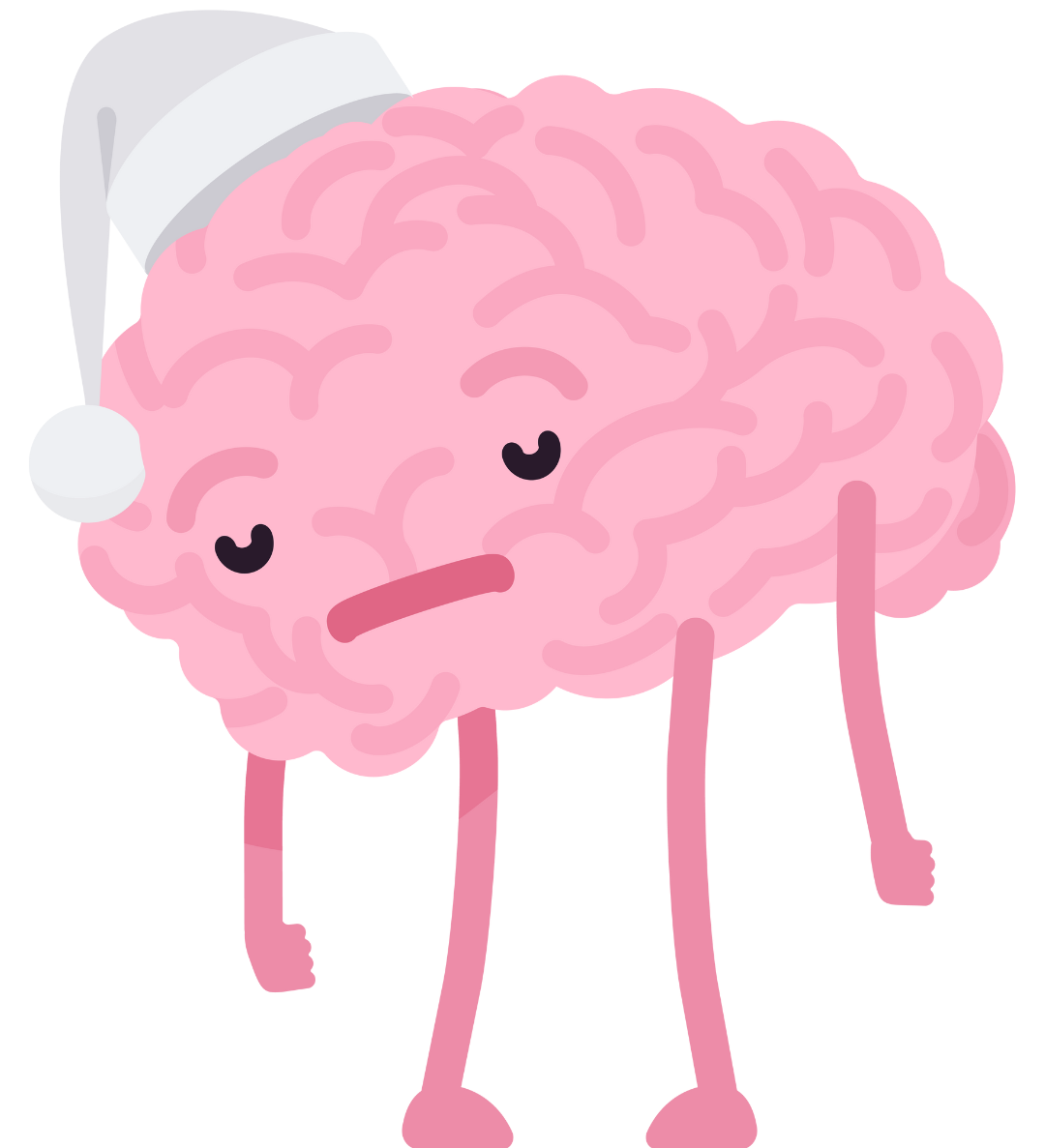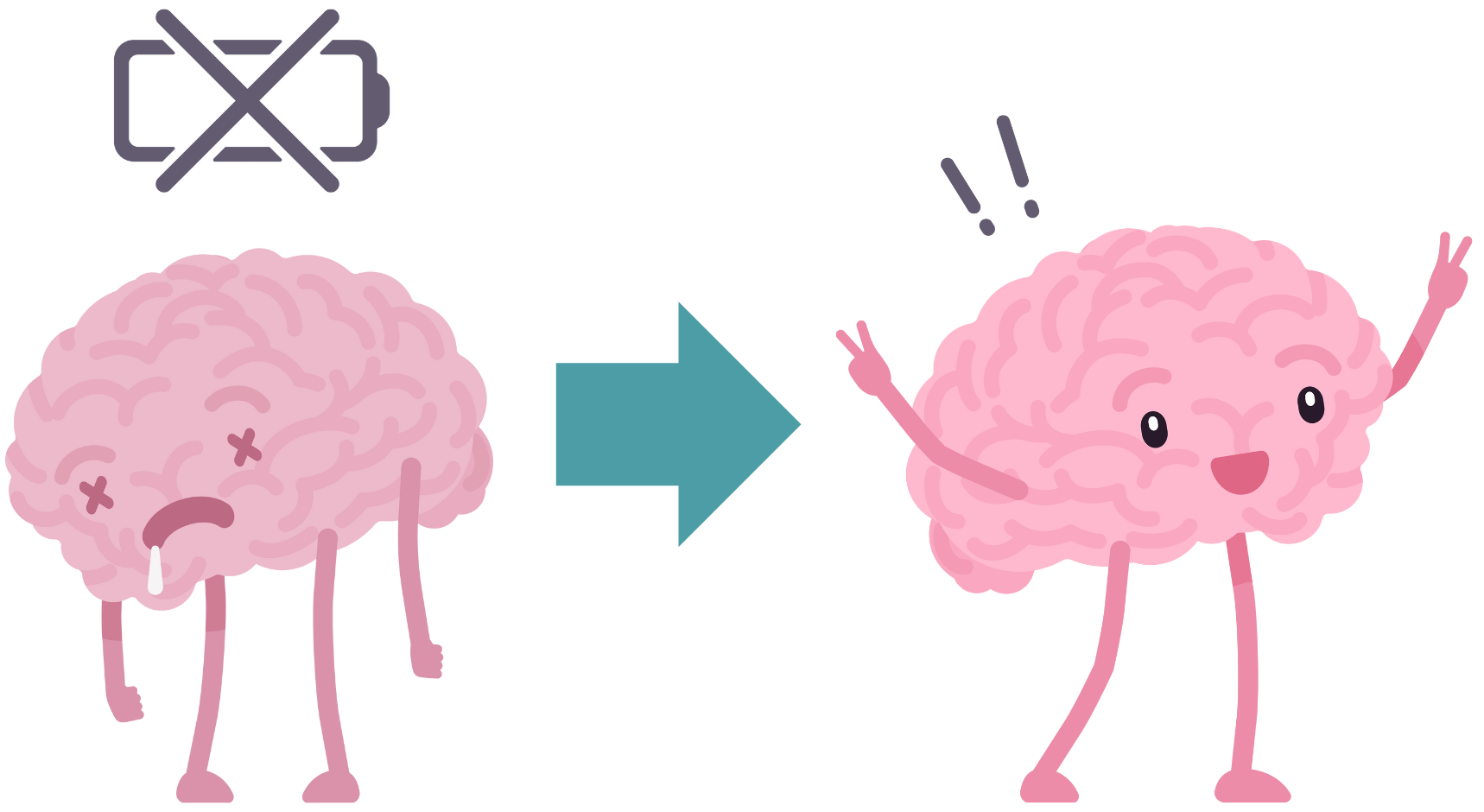Fatigue: Causes, signs & how to manage it
Did you know that Singapore is the most fatigued country in the world, according to a research by Sleepseeker? Let’s tackle this head on.


In our fast-paced world, it’s not uncommon to find yourself asking, “Why am I so tired all the time?” Fatigue can be an all-encompassing feeling that affects not just your body but your quality of life too.
If you’re looking for a natural way to boost your energy and tackle fatigue head-on, chiropractic care might just be the answer you’ve been seeking.

Before delving into how chiropractic care can help combat fatigue, let’s first understand what fatigue is. Fatigue is often seen as a persistent and overwhelming feeling of tiredness, a state where your energy levels are depleted beyond the normal tiredness that comes at the end of a busy day. It can manifest in various forms, including mental fatigue, muscle fatigue, and the more severe and long-lasting chronic fatigue.
Muscle fatigue, on the other hand, is a physical sensation that arises when your muscles lose their ability to generate force. This can be due to overexertion or prolonged periods of physical activity. Think of the burn you feel in your legs after an intense workout or the weakness that sets in after a day of heavy lifting – these are classic examples of muscle fatigue.
Chronic fatigue is a more complex and long-term condition that extends far beyond the occasional tiredness we all experience. It’s characterised by persistent, unexplained fatigue that doesn’t improve with rest. Chronic fatigue syndrome (CFS) is a well-known subset of chronic fatigue and is often accompanied by other symptoms like headaches, joint pain, and memory problems. While the exact cause of CFS remains uncertain, it can be severely debilitating and negatively impact one’s quality of life.
Each form of fatigue demands unique approaches for relief and recovery. Identifying the specific type of fatigue you’re experiencing is the crucial first step towards effectively addressing and managing your fatigue-related challenges.
Fatigue can be the result of a multitude of factors, both physical and psychological. Understanding the underlying causes is the first step in addressing your persistent tiredness.
Overexertion or a lack of physical activity can both result in fatigue. Striking the right balance between staying active and allowing your body to rest is crucial.

Fatigue can have a range of significant effects on both physical and mental well-being, including:
Recognising the signs and symptoms of fatigue is vital in addressing the issue effectively. Some common indicators include:
It’s important to remember that these symptoms may vary from person to person, and identifying the root cause of your fatigue is crucial in developing an effective strategy to combat it.


It’s important to address your persistent tiredness as soon as you notice ongoing issues. Persistent tiredness can have significant impacts on your daily life and overall health, and it’s crucial not to let it linger. Fatigue can lead to cognitive impairment, mood disturbances, and other health complications.
By reaching out to a healthcare professional early, you can receive a proper assessment and guidance to identify and manage the underlying causes of your fatigue. They can help you develop a tailored care plan to improve your energy levels, ensuring you can maintain good health and well-being over time. The earlier you seek help for your persistent tiredness, the better your chances of finding effective solutions and preventing further health-related complications.

Addressing your fatigue can often begin with home remedies and lifestyle adjustments. You might wish to start by identifying and modifying habits that contribute to your tiredness.
Simple steps like prioritizing sleep, maintaining a balanced diet, and staying hydrated can make a significant difference. Regular exercise, stress management, and effective time management are also key elements in addressing fatigue.
However, if these home remedies don’t seem to be alleviating your fatigue or if it persists, it may be time to explore more drastic action, such as seeking professional help. Reaching out to a healthcare provider for a comprehensive evaluation and guidance can be the next step in addressing and managing your fatigue effectively.
There are several strategies to manage and even overcome fatigue naturally. A holistic approach is often the most effective.
Ensure you’re getting quality sleep. Create a sleep-friendly environment, establish a regular sleep schedule, and avoid stimulants like caffeine and electronic screens before bedtime.
A balanced diet rich in whole foods, such as fruits, vegetables, lean proteins, and whole grains, can provide the energy your body needs. Stay hydrated and consider supplementation if you have nutrient deficiencies.
Regular exercise can boost your energy, improve your mood, and enhance your overall well-being. Aim for a mix of aerobic and strength-training exercises.
Our chiropractors are skilled to manage relief for fatigue. Start the healing journey with a spinal check-up.
Chiropractic care, although not a conventional management method for fatigue, can play a significant role in alleviating its symptoms and addressing its underlying causes. Here’s how chiropractic care can help with fatigue:
Proper spinal alignment can improve blood circulation. Adequate blood flow is essential for the delivery of oxygen and nutrients to your body’s tissues, including your muscles and brain. Improved circulation can help combat muscle fatigue and enhance cognitive function, making it easier to stay alert and focused.
Fatigue is often associated with pain, whether it’s the result of muscle tension, joint discomfort, or headaches. Chiropractic care can provide effective pain relief by addressing the root causes of these discomforts. When you’re free from pain, you’re more likely to have higher energy levels and a better quality of life.
Many people carry stress and tension in their bodies, which can contribute to both physical and mental fatigue. Chiropractic adjustments can help relax tight muscles and reduce stress in the body. The physical release of tension often leads to a sense of relaxation and mental clarity.
Chiropractors assess each patient’s unique needs and tailor adjustments plans accordingly. This means that your chiropractic care for fatigue will be personalised to address the specific issues you’re facing, whether it’s muscle tension, nerve compression, or pain.
The number of chiropractic sessions you’ll need to manage fatigue can vary widely from person to person. Several factors come into play, including the severity of your fatigue, the underlying causes, and your body’s response to chiropractic care. It’s essential to communicate openly with your chiropractor about your progress and how you’re feeling throughout the treatment process. Here are some general guidelines:
If you’ve attempted various home remedies and lifestyle changes to manage your fatigue without seeing significant improvement, it might indicate an underlying issue related to your body’s alignment or health. In such cases, it’s advisable to consider consulting a chiropractor for a comprehensive assessment.
Chiropractors are skilled in diagnosing and addressing issues related to spinal alignment and overall well-being. They can determine whether chiropractic care may be beneficial in addressing the root causes of your fatigue and provide recommendations for a personalised care plan.
At Chiropractic Singapore, our experienced chiropractors specialise in assessing and addressing various health concerns, including fatigue, and can guide you on whether chiropractic care is a suitable option for your specific situation.
Note: The above information is not a substitute for a diagnosis or any form of medical care. Symptoms and treatments differ from person to person, and one should consult a chiropractor for an accurate diagnosis and recommendation.
For all women: Get $76 OFF with promo code: WOMENSDAY29. Available at all clinics from now till 31 Mar.
Not a woman? Enjoy $55 off your first check-up (U.P. $105) using the promo code ONLINE50 at check-out.
Pssst… is it your birthday this month? Click here for an exclusive deal 
Enter your e-mail to start the booking process.
Not a woman? Enjoy $55 off your first check-up (U.P. $105) using the promo code ONLINE50 at check-out.
Pssst… is it your birthday this month? Click here for an exclusive deal 
Enter your e-mail to start the booking process.
Note: X-rays and the first adjustment are not included in this promotion. For the safety of our patients, there will be no adjustments during the first visit.